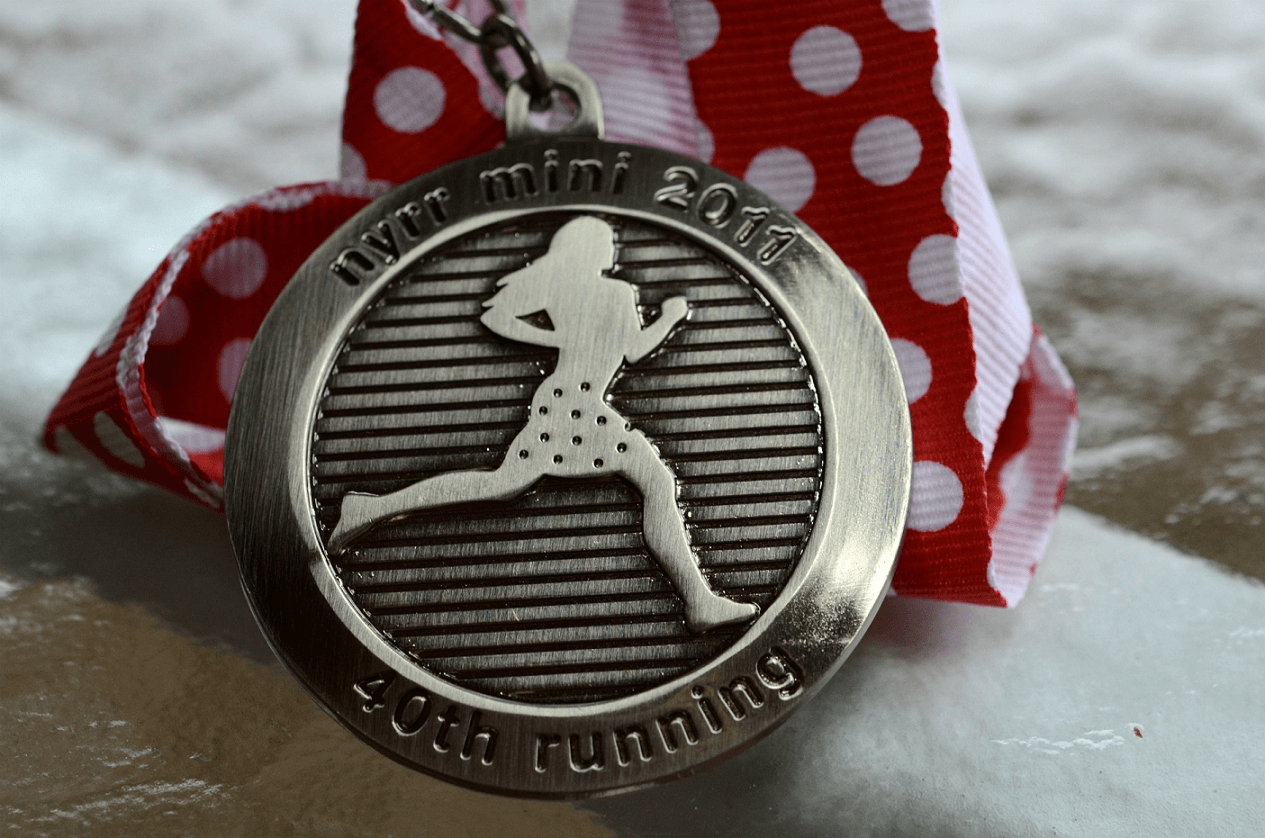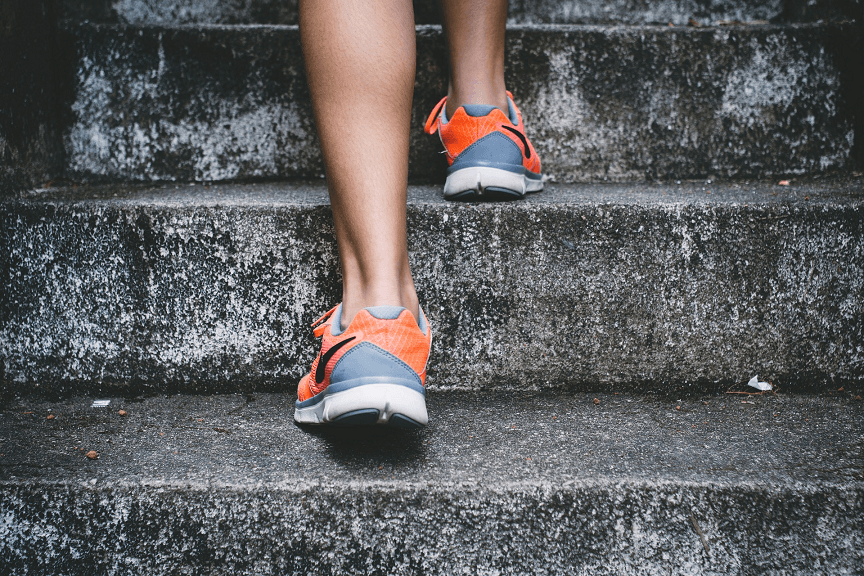Tips for Becoming a Lifelong Runner

“We may train or peak for a certain race, but running is a lifetime sport.” Alberto Salazar
If there’s one thing that any seasoned, senior runner will vouch for, it’s the fact that running has so much more to offer than the thrill of clocking new PBs or the joy of keeping one’s waistline in check. In the words of former world record holder and Olympic silver medalist, Grete Waitz: “I love running. It’s as simple as that… It has given me endless rewards: Physical, emotional and professional. The benefits of running are lifelong. I ran as a child, and I intend to run into my old age.” Something which she joyfully did until her death in 2011.

But what was her secret? How do inspirational individuals like Waitz, Katherine Switzer, Bart Yasso, Joan Benoit Samuelson and so many others make a lifelong commitment to running and keep benefiting from it, even in their senior years?
Here are some tried and trusted tips for becoming a lifelong runner and loving it.
How to become a lifelong runner
1. Be consistent
Lifelong runners are made through weeks, months and years of consistently keeping at it. According to USATF-certified running coach and 2:39 marathoner, Jason Fitzgerald, “There are no magic workouts or secret training principles that will propel you to age-grouper celebrity status in just a few weeks”. Just show up and do your thing week after week after week. Your body will do the rest.
2. Listen to your body
“Good runners listen to their body and don’t hurry the adaptation process”, Fitzgerald stresses. Short-term running goals often cloud our judgment when it comes to nailing an elusive PB or beating our buddy’s running streak. Don’t let it. Always listen to your body and scale back or take a rest day (or three!) when you need it. Lean to distinguish between being over-trained and simply being lazy, and act accordingly.

3. Always keep the bigger picture in mind
Once you’ve mastered the art of truly listening to your body, learn to manage its signals with the bigger picture in mind. Are you feeling sluggish, grumpy and over-trained? Then take some time off and recover. Even skip a goal race if you must. Because continuing to benefit from the perks of running right into your twilight years always trumps toeing too many starting lines in an over-trained state, risking injury and burnout.
4. Find your running tribe
While many runners prefer the solitude of a solo run, the benefits of joining a group for at least some of your weekly runs are ample. The advice and encouragement of fellow runners are invaluable, plus, let’s face it, a teeth-chattering pre-dawn run seems that much more doable when you have a fellow loon by your side.

5. Injury-proof your body through regular strength training
Yes, we know that you hate strength training. You’re a runner and you want to run – we get that. But regular strength training will contribute to keeping you injury-free through strengthening inherently weak muscles and correcting imbalances. Which will ultimately result in fewer skipped runs. So think of strength training as a long-term investment in your running longevity – you’re liking it more already, right?
6. Keep it interesting by trying new things
Let’s be honest: Nothing is quite as mind-numbing as running the same old route at the same pace week in and week out. So do yourself a favor and keep things interesting:
- Regularly switch up your running routes.
- Alternate the direction in which you run each route.
- Run at different speeds. Alternate your weekend long run with some shorter, speedier workouts during the week.
- Play around with different running surfaces: Give road-, trail-, track-, stair– and beach running a go. Or what about completely shaking things up with a fell race or skyrun?

7. Do you
In the words of running guru, George Sheehan, “we are all experiments of one”. So forget about what makes your running buddy, your neighbor, and your social media fitspo crush tick, and find what you love about running. Whether it’s going short and fast or long and slow, becoming a parkrunner for life or shooting for Olympic gold – find what you love about running and focus on that.
8. Arm yourself with knowledge
There’s something very empowering about understanding the processes that are taking place in your body as you’re training and getting fitter and stronger. So spend some time studying those processes, in whatever depth you prefer, and be amazed and excited about what your body can do!

9. Be flexible
The chances are good that your running will evolve as you progress through the different chapters of life. There will be years of chasing PBs, years of running to be alone, and years of running to stay sane. So be flexible and gain from running that which it has to offer in whichever phase of life you’re in.
For example, chasing the PBs of your youth is bound to cause frustration in your 60s. So why not lace up and reap the health and mental benefits of running instead?
10. Enjoy the journey
And last, but not least, remember to enjoy the journey. Be ambitious, if that’s your thing, but don’t let your quest for improvement drain the joy out of running. Every once in a while, just take a step back and see and appreciate the good things that running has brought into your life. And be sure to remind yourself of these on days when you feel like throwing in the towel.
Sources
- , How to Become a Better, Stronger Lifelong Runner, Online publication
- , 4 Easy ways to become a lifelong runner, Online publication
- , Seven secrets to becoming a runner and sticking with it for life, Online publication
- , Long may you run, Online publication
- , Becoming a Lifetime Runner - Interview with Jonathan Beverly, Online publication and podcast
Latest Articles
 Is Running on a Treadmill Easier Than Running Outside?Runners have their own preferences, whether it is treadmill running, running outside on the road, or exploring trails. So...
Is Running on a Treadmill Easier Than Running Outside?Runners have their own preferences, whether it is treadmill running, running outside on the road, or exploring trails. So... Is It OK to Use Trail Running Shoes on the Road?While trail running shoes can be used on roads, especially in situations where a runner encounters mixed terrains or pref...
Is It OK to Use Trail Running Shoes on the Road?While trail running shoes can be used on roads, especially in situations where a runner encounters mixed terrains or pref... How to Fix Sore Quads After Running?Rest, ice, gentle stretching, and over-the-counter pain relievers can help soothe sore quads after running. Also, ensure ...
How to Fix Sore Quads After Running?Rest, ice, gentle stretching, and over-the-counter pain relievers can help soothe sore quads after running. Also, ensure ... 10 Fruits With The Most Electrolytes to Replace Sports DrinksThese fruits are high in electrolytes such as potassium, magnesium, and calcium, essential for hydration, muscle function...
10 Fruits With The Most Electrolytes to Replace Sports DrinksThese fruits are high in electrolytes such as potassium, magnesium, and calcium, essential for hydration, muscle function...

